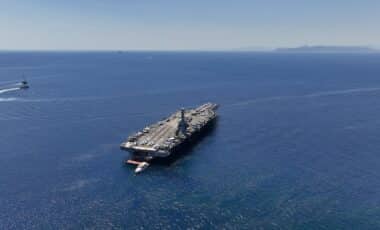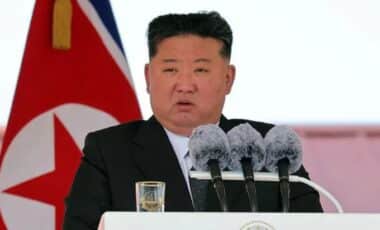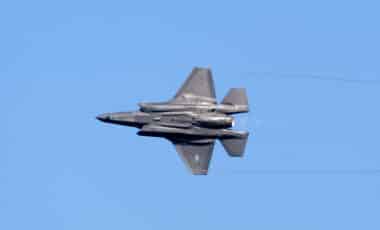Joe Stilwell was known as “Vinegar Joe” for his abrasive personality. A 1904 graduate of the U.S. Military Academy in West Point, New York, Stilwell rose to the rank of General in 1944, having served in the Philippines, with the American Expeditionary Force in Europe during World War I, and as an instructor at West Point. In addition, he studied the Chinese language and later served in Tianjin (1926–29) and as a military attaché in Beijing (1935–39).
At the outbreak of World War II, Stilwell became General Chiang Kai-shek’s chief of staff, and he was placed in command of the Chinese Fifth and Sixth armies in Burma (Myanmar).
Stillwell and other leaders in the theater truly operated nearly unimpeded up until the time Chiang Kai-shek became aware that he could leverage his relationships with the State Department and President to get his way on some of the key initiatives and political nuisances that directly affected how and where the Chinese troops were deployed and the pursuit of strategic objectives in the theater. And that is exactly what happened. Not only did Chiang Kai-shek interfere in Stillwell’s directives and orders to the Chinese forces, he often diverted moneys and resources away from US and Chinese forces and thereby developed his own stock of resources, storing ammunition and arms for follow-on actions after the war. Chiang Kai-shek knew he had a fight on his hands with Mao that would start after the Americans disengaged. It has been said that if Stilwell had his way, the United States would have taken the initiative and defeated the Communists in 1945. This would have changed the course of history in US- Chinese relations as well as US- Soviet relations.
In 1942 Stilwell’s forces were routed by Japanese troops, who were superior in numbers and equipment, and arrived in India on foot with the remains of his command after an agonizing 140-mile (225-km) jungle trek. Through the war he served as Commanding General of all U.S. forces in China, Burma, and India, and early in 1945 the Ledo Road, an Allied supply route linked to the Burma Road, was renamed the Stilwell Road in his honor. He was appointed commander of the U.S. Tenth Army in the Pacific theatre, and in August 1945 he received the surrender of more than 100,000 Japanese troops in the Ryukyu Islands.
It is often said that Stilwell disliked working and socializing with the Brits. What Stilwell disliked about British was what exactly he had in common with them; their collective inability to move the needle away from political agendas and move it towards direct actions in the theater. Stilwell’s assessment of the British at the time was dead on at that particular period. The British leadership had huge influence. That bothered him. The British politicians and commanders in the field were able to bring the Americans into every theater of battle for WWII with profound effect. With American help the British leadership felt they could maintain the status quo (British domination over their colonies), after the war, and maintain their dominance via their brand of imperialism! This is one of the major reasons why Stilwell disliked the British! Stilwell was not happy with being just a soldier! At times he acted like a frustrated diplomat, ambassador, or Secretary of State! Therein he was constantly being admonished to stay in his lane of responsibilities and leave the politics to the statesmen.
This book was a great read and sheds light on history that has been on the back burner for decades. The book provides fifteen quality photos and six maps that depict troop placements and movements during the war. This book is available on Amazon.com (US) and Amazon.co.uk (UK).








